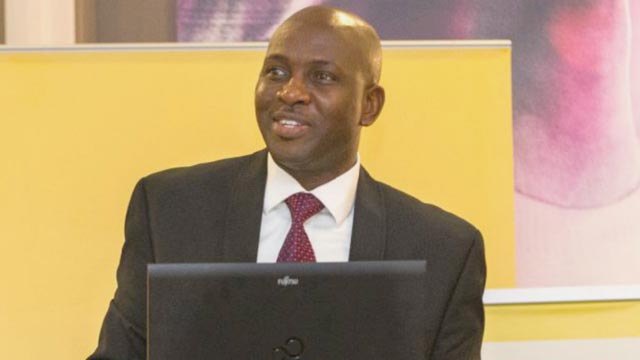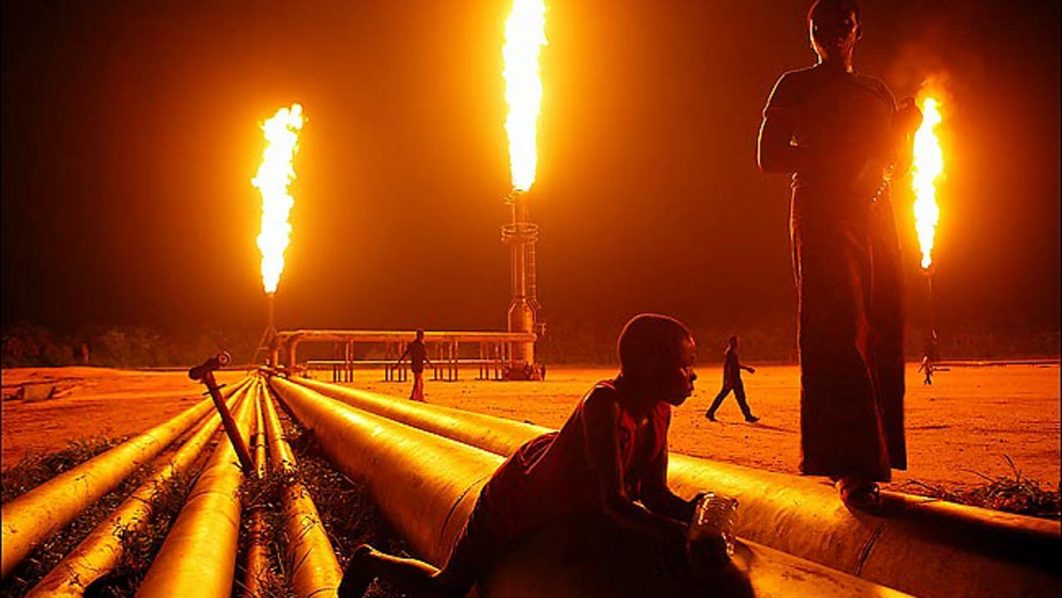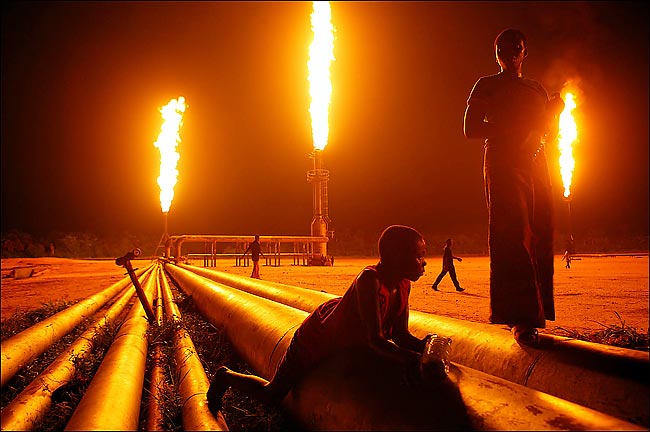Nigerian Liquefied Natural Gas Limited (NLNG), the country’s owned gas company has said it is responsible in part for the stoppage of gas flaring in the country.
Nigeria has been able to reduce gas flaring from two billion cubit fit per day a decade ago to 700 million cubits fit per day in 2018.
Tony Attah, Managing Director and Chief Executive Officer of Nigerian Liquefied Natural Gas Limited (NLNG), said that the company had helped to drive down gas flaring in the country by more than 65 percent after it created a system that re-utilises gases that would have otherwise been flared.
“We (NLNG) are the catalyst for eliminating gas flaring in Nigeria. Because of NLNG’s existence, we have created the sync for the gas which otherwise should have been flared to be gathered. We have helped to reduce gas flaring by more than 65 percent,” he explained.
He also reiterated the company’s complete commitment to ensuring the involvement of competent Nigerian companies in its Train 7 project. The project, valued at over $4 billion, is expected to commence as soon as the Final Investment Decision (FID) on the project is taken.
The NLNG boss made this known at a workshop on Nigerian Content for NLNG’s Train 7 Development, targeted at giving Nigerian companies information on how Nigerian Content can be maximised in NLNG Train 7 project.
Attah said the workshop is the third held by the company in its bid to ensure Nigerian companies and the Nigerian economy derives maximum value from its Train 7 project.
“I will like to invite Nigerian companies to please participate in Train 7, which is the purpose of this workshop.
“It is consistent with our partnership with Nigerian Content Development Monitoring Board (NCDMB). It also opens up the opportunities for local companies to play, starting with understanding the scope of the project.
“In addition, it creates an opportunity to meet the two consortia we are currently working with, B7 JV and SCD JV. They are the key players tasked with the Front End Engineering Design (FEED),” he added.
Also speaking at the event, Simbi Wabote, Executive Secretary, Nigerian Content Development and Monitoring Board, NCDMB, commended NLNG for organising the workshop, saying it shows the sense of responsibility of the company to ensure that all stakeholders are taken on-board and are informed about the various opportunities in the project.
“It is very important to have clarity of what local content is about. Local content is not Corporate Social Responsibility. It is not a favour that a company does to a country or a people. It is purely business. It is about giving local companies an opportunity to deliver value through the value chain.
Wabote then explained the objectives of the public workshop on Train 7, which include; to sensitize interested stakeholders to the upcoming Nigerian Content opportunities in the project and secondly; to create to a platform for identification of local supply chain capacities and capabilities that are available in-country.
“We expect that the train 7 project will provide a platform to expand existing businesses and create opportunities for new businesses like in the cryogenic space as we push the boundaries of local capabilities,” he added.

 Entertainment6 days ago
Entertainment6 days ago
 Health1 week ago
Health1 week ago
 Health4 days ago
Health4 days ago
 Football1 week ago
Football1 week ago
 Football1 week ago
Football1 week ago
 Crime4 days ago
Crime4 days ago
 Education6 days ago
Education6 days ago
 Crime1 week ago
Crime1 week ago




